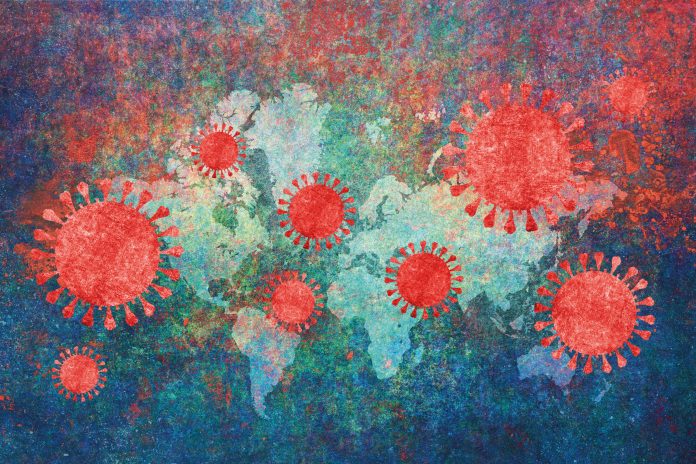
A study suggests that type 1 diabetes is substantially more likely to develop in children who have had COVID-19 rather than other respiratory infections, raising concerns over long-term autoimmune complications from the SARS-CoV-2 virus.
The analysis in more than half a million electronic health records in children aged 18 years and under revealed a 72% increase in new diagnoses of type 1 diabetes in those who had coronavirus as opposed to other respiratory infections.
Reporting their findings in the journal JAMA Network Open, the researchers stress that it remains unclear whether COVID-19 triggers new-onset type 1 diabetes from their observational study.
Nonetheless, researcher Pamela Davis, distinguished university professor at the Case Western Reserve School of Medicine in Cleveland, Ohio, suggested extra vigilance would be prudent.
“Families with high risk of type 1 diabetes in their children should be especially alert for symptoms of diabetes following COVID, and pediatricians should be alert for an influx of new cases of type 1 diabetes, especially since the Omicron variant of COVID spreads so rapidly among children,” she said.
“We may see a substantial increase in this disease in the coming months to years. Type 1 diabetes is a lifelong challenge for those who have it, and increased incidence represents substantial numbers of children afflicted.”
The team used a web-based database of deidentified electronic health records from more than 90 million patients included in the Global Collaborative Network, which includes 74 large healthcare organizations across all U.S. states, as well as 14 countries.
Among 1,091,494 pediatric patients aged 18 years or younger, two groups were identified: those with SARS-CoV-2 infection between March 2020 and December 2021; and those without SARS-CoV-2 infection but with another respiratory infection in the same period. From these, two matched groups, each with 285,628 patients, were compared.
In the six months after infection, 123 patients with COVID-19 (0.043%) had received a new diagnosis of type 1 diabetes compared with just 72 (0.025%) with other respiratory infections.
The risk of being diagnosed with type 1 diabetes was greater for those infected with SARS-CoV-2 than non–COVID-19 respiratory infections at one month (hazard ratio [HR]=1.96), three months (HR=2.10) and six months (HR=1.83).
When the groups were subdivided based on age, the confidence intervals crossed one in the six-month analysis alone for patients aged up to nine years, while this was the case at all three timepoints for those aged 10 to 18 years.
Professor Davis said: ““Type 1 diabetes is considered an autoimmune disease. It occurs mostly because the body’s immune defenses attack the cells that produce insulin, thereby stopping insulin production and causing the disease.
“COVID has been suggested to increase autoimmune responses, and our present finding reinforces that suggestion.”













